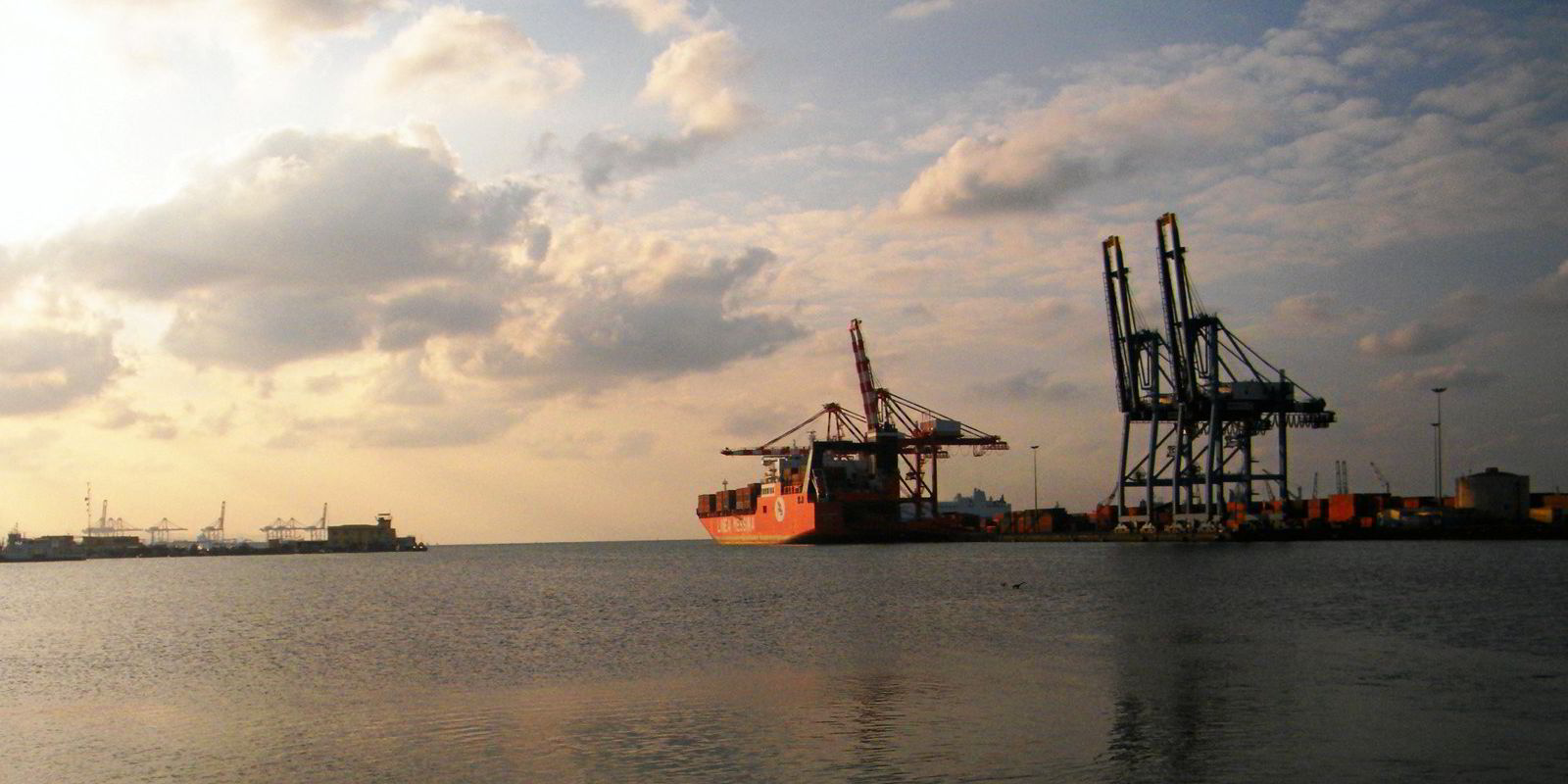The crisis in the Red Sea is having a big impact on the container ship charter market, sending rates sky-high.
More than 20 attacks on shipping by Houthi militants in Yemen since November in response to Israel’s war with Hamas have significantly disrupted trade. AP Moller-Maersk, Hapag-Lloyd and MSC Mediterranean Shipping Company have rerouted ships to avoid the region.
Singapore’s SeaLead Shipping is paying a hefty premium for a vessel trading into the area.
The carrier is said to be taking the 1,560-teu Taichung (built 1999) for a short and flexible fixture at around $18,500 per day.
That is close to double the level of recent fixtures for the 30 to 45-day charter.
Feeder vessels fixed with regional carriers have been snared at much lower rates.
Qatar Navigation (Milaha) is paying just $8,200 per day for the 1,440-teu Cape Faro (built 2006) for a two to four-month fixture.
The vessel is taken for services operated by the Doha-based carrier in the Persian Gulf.
Brokers say shipowners are asking for a premium after an increase in the number of “opportunistic” operators looking for tonnage ready to trade the Red Sea.
Active charterer
SeaLead has been among the most active in recent days, having secured charters of four vessels.
The Taichung is one of two vessels chartered from Soon Fong Shipping of Singapore. In November, the carrier secured the 1,700-teu Green Hope (built 2014) for a short period at around $10,000 per day.
Since then, SeaLead has launched a Red Sea service connecting Saudi Arabia with Yemen and Djibouti, and another covering the Mediterranean-Brazil route.
These launches coincided with the charters of three more vessels by SeaLead.
It is said to have fixed the 1,900-teu Bright Cosmos (built 2023) and 1,700-teu Haian East (built 2008) for periods of two to five months at more than $14,000 per day. The 907-teu JVK Star (built 2007) is reported fixed at just $8,200 daily for up to 40 days.
While most big liner operator are avoiding the Red Sea after the Houthi attacks, some niche operators remain willing to serve the region and are looking for vessels as extra loaders, say brokers.
Some Chinese operators have put out time charter requirements for ships that are able to transit the region, they add.
A prolonged crisis in the Red Sea would probably stimulate chartering demand, as liners require additional units to maintain previous sailing frequency, according to shipbroker Clarkson.






